Perisor Wild Beach
The Wildness & Uniqueness of Perisor Beach
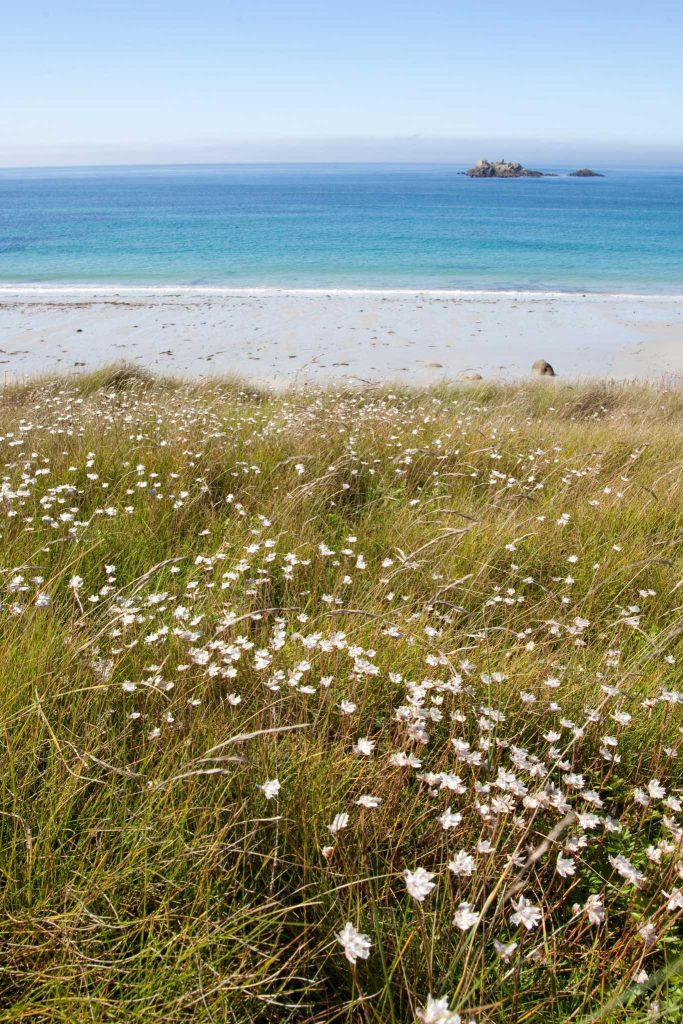
Protected Areas
The Sacalin-Zătoane area is a protected area of 21,410 hectares—part of the Danube Delta Biosphere Reserve since the year 2000, which also includes Sacalin Island. The Sacalin Zătoane protected area shelters and provides nesting, feeding, and resting grounds for various bird species (migratory, sedentary, or passage). On Sacalin Island, among the 229 bird species, are found the largest colonies of Sandwich terns (Thalasseus sandvicensis) and Dalmatian pelicans (Pelecanus crispus) in Romania.
The Periteașca-Leahova area is a protected area of 4,125 hectares—also included in the Danube Delta National Park (Danube Delta Biosphere) since the year 2000. The Periteașca-Leahova natural reserve encompasses sandbanks and marshes, Bisericuța Island, and the lakes of Periteașca, Pahane-Rânec, Coșna, Leahova Mare, and Leahova Mică.
The Periteașca-Leahova area provides feeding, resting, and nesting habitats for a wide variety of birds, including: red-breasted geese (Branta ruficollis), greater white-fronted geese (Anser albifrons), and lesser white-fronted geese (Anser erythropus) – passage birds, great white pelicans (Pelecanus onocrotalus), Dalmatian pelicans (Pelecanus crispus), common shelducks (Tadorna tadorna), mallards (Anas platyrhynchos) – waterfowl, and black-headed gulls (Larus ridibundus) – migratory birds.
How to get to Perisor Beach
You reach Perișor Beach by water, via the channels of the Danube Delta, on trips organized by experienced guides. The routes include short stops at all tourist interest points and a few hours of stay at Perișor Beach. Access to the Danube Delta is based on a tourist permit – valued at 5 lei for 1-day access, 15 lei for a 7-day stay, and 30 lei for access until the end of the year.
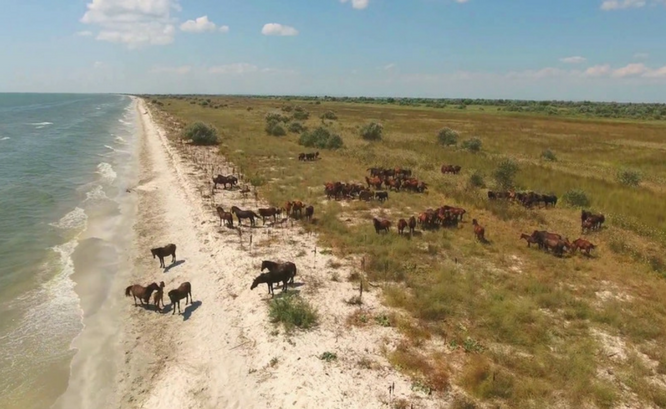
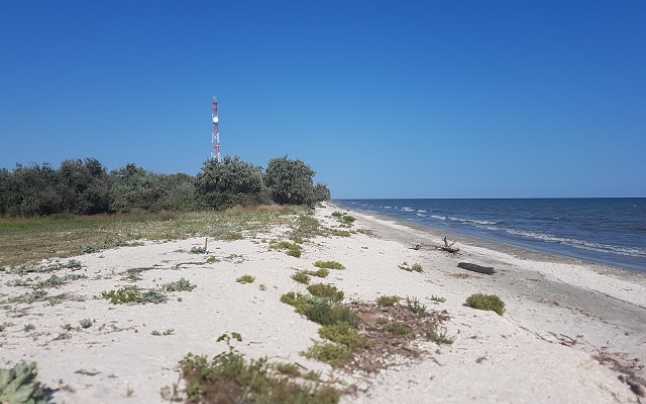
Exploring Perisor Beach
The wildness and uniqueness of Perișor Beach draw tourists passionate about wilderness exploration, but they must be informed about the conditions and responsibilities of their visit. Warnings from the Administration of the Danube Delta Biosphere Reserve (ARBDD) alert visitors to the island about the danger of not following approved tourist routes, due to the presence of jackals and the steppe viper (Vipera ursinii moldavica). The largest population of vipers is found in the Perișor-Periteașca area.
Exploring Perișor Beach brings you closer to another face of the Black Sea. The translucent color of the sea reveals the absence of algae, and the shore deepens gradually as you move forward. Although in recent years it has been visited by an increasing number of tourists, Perișor Beach remains a less crowded and quieter destination, but not recommended for overnight camping.
The whitish sand mixed with shells, the song of birds, the presence of wild horses, several abandoned barracks, and the lack of any tourist facilities (cafes or kiosks, umbrellas, or sun loungers) – all give Perișor Beach a unique note of authenticity over several kilometers. An abandoned, dilapidated fishery, partially submerged in the sea, recalls times of civilization where it served to receive, sort, prepare, preserve, store, and transport fish.
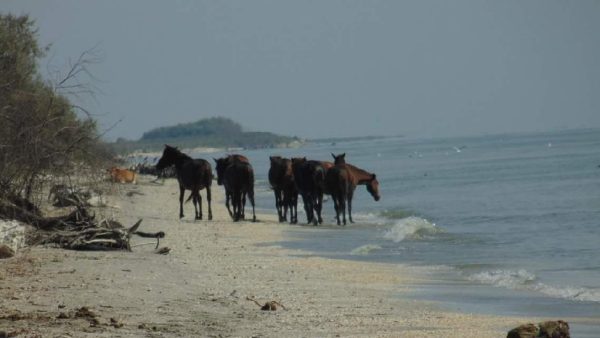
Protected Areas in Vicinity
The two strictly protected areas of the Danube Delta Biosphere Reserve near Perișor Beach are the Sacalin-Zătoane area to the north (towards the Sfântul Gheorghe branch) and the Periteașca-Leahova area to the south. Access to these protected areas is forbidden to visitors and is monitored by the Administration of the Danube Delta Biosphere Reserve (ARBDD).
Tourist Access Permits in the Danube Delta
Tourist Access Permits for the Danube Delta can be purchased online on the ARBDD website, the Administration of the Danube Delta Biosphere Reserve (arbdd.abt.ro). These permits are free for students, persons with disabilities, pensioners, former political prisoners, war veterans, and residents living within the perimeter of the Danube Delta Biosphere Reserve or in adjacent localities.
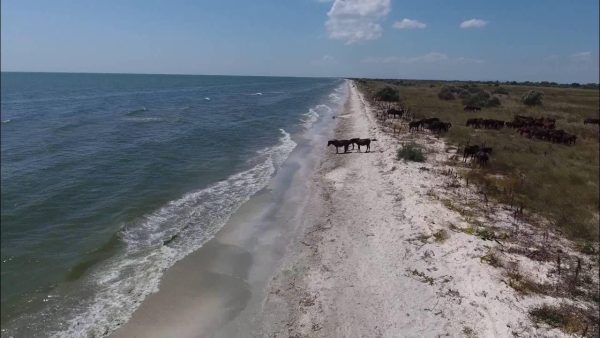
Perișor Beach is located in Tulcea County, where the Danube Delta meets the Black Sea – at a distance of 30 kilometers from the village of Dunavățu de Jos. Perișor Beach is neighbored by two protected areas in the Danube Delta, considered a buffer zone between the strictly protected areas of Sacalin-Zătoane and Periteașca-Leahov from the Danube Delta Biosphere Reserve.
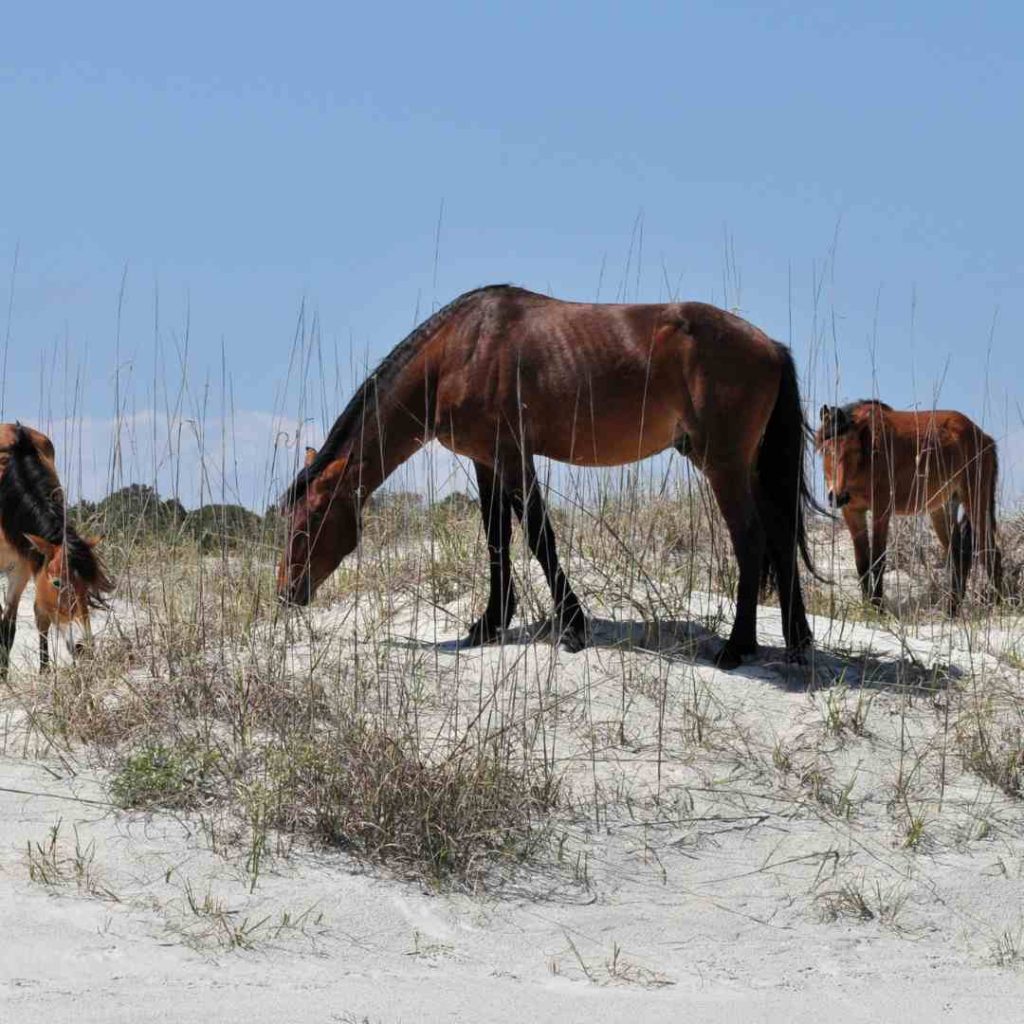
Dunavățu de Jos is an old fishing village in the commune of Murighiol, Tulcea County and is the nearest locality to Perișor Beach. Located 46 km from Tulcea, the village of Dunavățu de Jos is renowned for its fish culinary delights, fishing parties on the local channels, and explorations through the Delta up to Perișor Island.
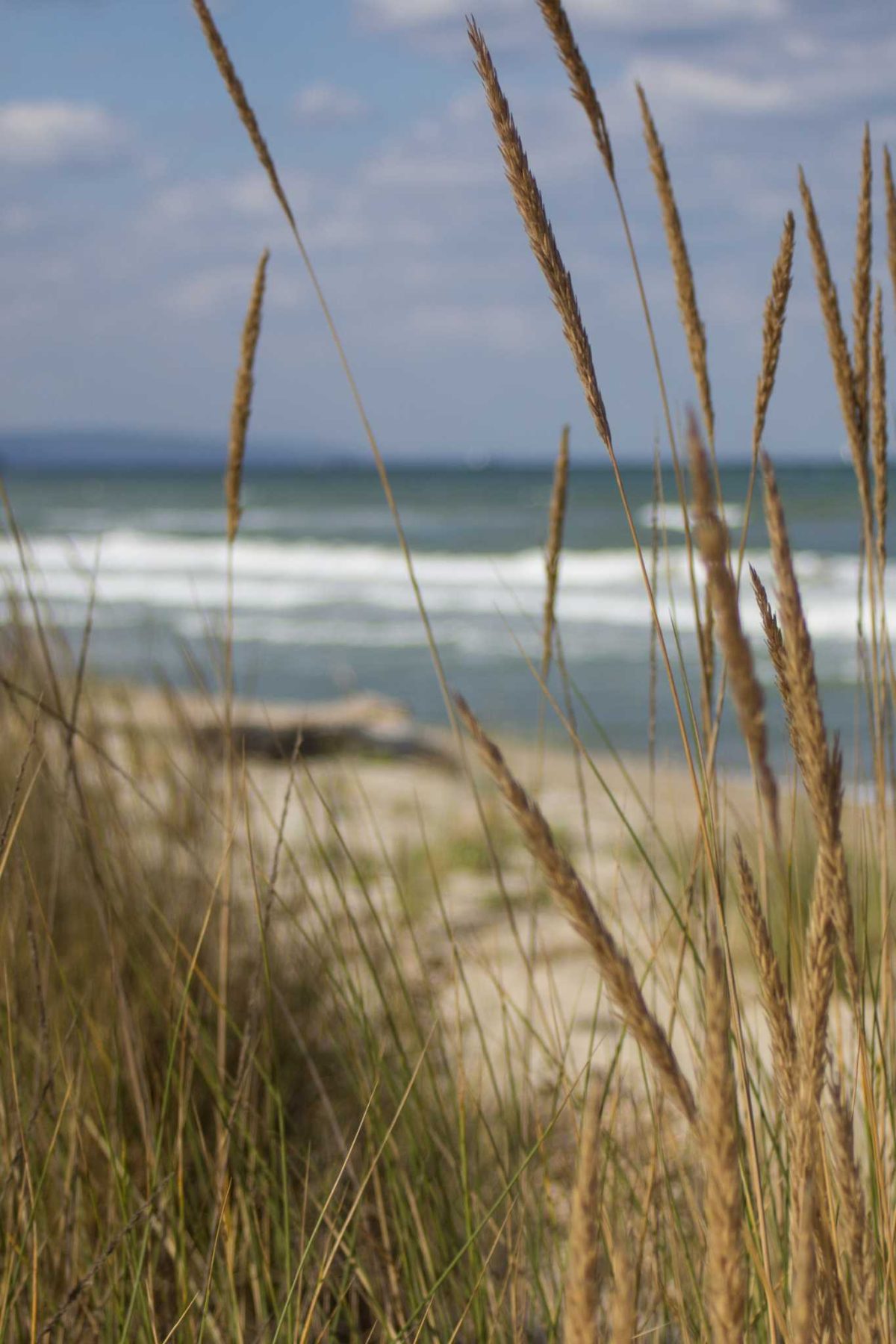
The boat route to Perișor Beach starts from Dunavățu de Jos, through several channels (Lipovenilor Channel, Dunavăț, Mustaca, and Dranov) until reaching the Perișor Channel. At the end of the channel, tourists will reach the wild shores of Perișor Beach within a few meters. Depending on the number of hours of stay, visitors should be prepared for the island visit and bring all necessary beach gear, from suitable footwear for sand mixed with shells to refreshments.

